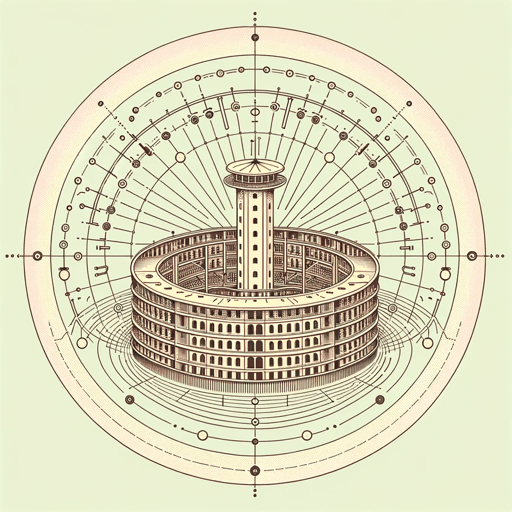46 pages • 1 hour read
Michel FoucaultThe History of Sexuality: Volume 1
Nonfiction | Book | Adult | Published in 1976A modern alternative to SparkNotes and CliffsNotes, SuperSummary offers high-quality Study Guides with detailed chapter summaries and analysis of major themes, characters, and more.
Part 5Chapter Summaries & Analyses
Part 5 Summary: “Right of Death and Power over Life”
For centuries, sovereign powers held the right to determine death or life for their subjects. They ruled with complete control. By the time historians began to study this phenomenon, rulers no longer had this total power over their subjects. State violence was only acceptable when it was connected to the survival of the ruler or land. However, sovereign powers were able to affect life and death indirectly. Because they could no longer exert power by killing, life became the playground for enacting power. One way to do this was through seizure. Rulers could enact power by taking things away, including time, possessions, and, through incarceration, even the body itself.
In the modern era, Foucault claims, institutions moved away from exerting control by taking away. Seizure was only one in a series of mechanisms that could be used to enact power. Developing life proved to be far more useful. Those regimes that used death to control in the 19th and 20th centuries appear more startling in contrast to the powers that used life to manage and dominate. When killing seemed necessary, successful sovereigns framed wars as benefiting the entire population, not just the ruler: “the principle underlying the tactics of battle—that one has to be capable of killing in order to go on living—has become the principle that defines the strategy of states” (137).
Related Titles
By Michel Foucault




